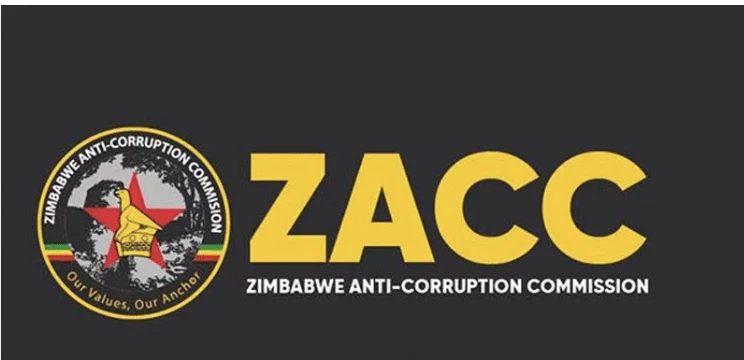A legislator has demanded that the Zimbabwe Anti-Corruption Commission (ZACC) be equipped and capacitated to conduct effective investigations that lead to more prosecutions.
Commenting on the Zimbabwe Anti-Corruption Commission’s (ZACC) Report for the Year 2022, Dzivarasekwa Member of Parliament (MP) Edwin Mushoriwa stated that the commission should be the “best foot forward in respect to combating and fighting corruption in this country,” but likely lacked the necessary investigative skills.
According to the legislator, ZACC’s 2022 report recorded 681 cases of corruption that the commission dealt with, of which 134 cases were referred to the National Prosecution Authority (NPA), with 23 convictions.
“(ZACC) is a Commission and we expect it to perform its tasks very well. You will note from the report that ZACC is not well situated across the entire country. Out of the 10 provinces in this country, ZACC is only in six provinces. There is a need to make sure ZACC operates in all the ten provinces so that we can actually make sure corruption is investigated,” Mushoriwa said in Parliament recently.
The 23 conviction cases in 2022, according to Mushoriwa do “not augur well, moreso, given the prominence that is normally seen when ZACC starts its investigation.”
“You would think that with the number of cases that they are coming up with, there would be quite a number of cases that would be referred to the NPA. Consequently, you would think that you also get conviction rates which are high,” Mushoriwa said.
However, Mushoriwa pointed out that the few convictions could be attributed to ZACC’s limited investigative capabilities.
“You then realise that there has been a challenge between the Commission and the NPA in respect to the quality of the investigation work that ZACC is doing,” said the legislator.
“We do not know whether the failure to have high conviction rate is to do with the lack of investigative skills by staff at ZACC or it has to do with the fact that most of our officers under ZACC are curtailed by the fact that they do not have the necessary tools to make sure that they do their job well.”
The legislator claimed that the majority of corrupt individuals “have money,” whereas it is possible that investigating officers were not well-funded and could be influenced in some cases.
“You send someone who does not have anything, who does not even have a car and you want him or her to go and investigate somebody who has looted, be it a public officer, whether it is local authority or state enterprise or any other entity for that matter. The chance and possibility of those officers being lured to see the other side, primarily because the perpetrator has sufficient resources to buy his or her freedom is actually high,” Mushoriwa said.
“This is the reason why ZACC, together with NPA, needs to be well funded. We need to make sure that these entities are well equipped if we want to make sure that corruption is curbed.”
Mushoriwa also said ZACC had a challenge with its operations, highlighting that the Committee on Public Accounts in the previous Parliament had a problem with the commission in terms of its own accounting systems.
“ The Auditor General has actually been raising pertinent issues and we believe it is important that ZACC should lead by example. If you are the police or priest, your behaviour or conduct should also be exemplary so that when you go out there, people will not start to raise their fingers,” said the legislator.
“I also note that there is actually a collaboration with the Auditor-General, though I want to point out that if you check, they have just had a paragraph. We have had the chance to liaise with the Auditor-General. The Auditor-General always says that when they produce their document and once the Minister had tabled the Auditor-General’s findings into this House, one of the first offices that the Auditor-General sends her reports to is actually ZACC. You will note that ZACC has not been performing in a good manner given the fact that the Auditor-General would have given them sufficient information to warrant them to institute investigation.”
Source Cite









